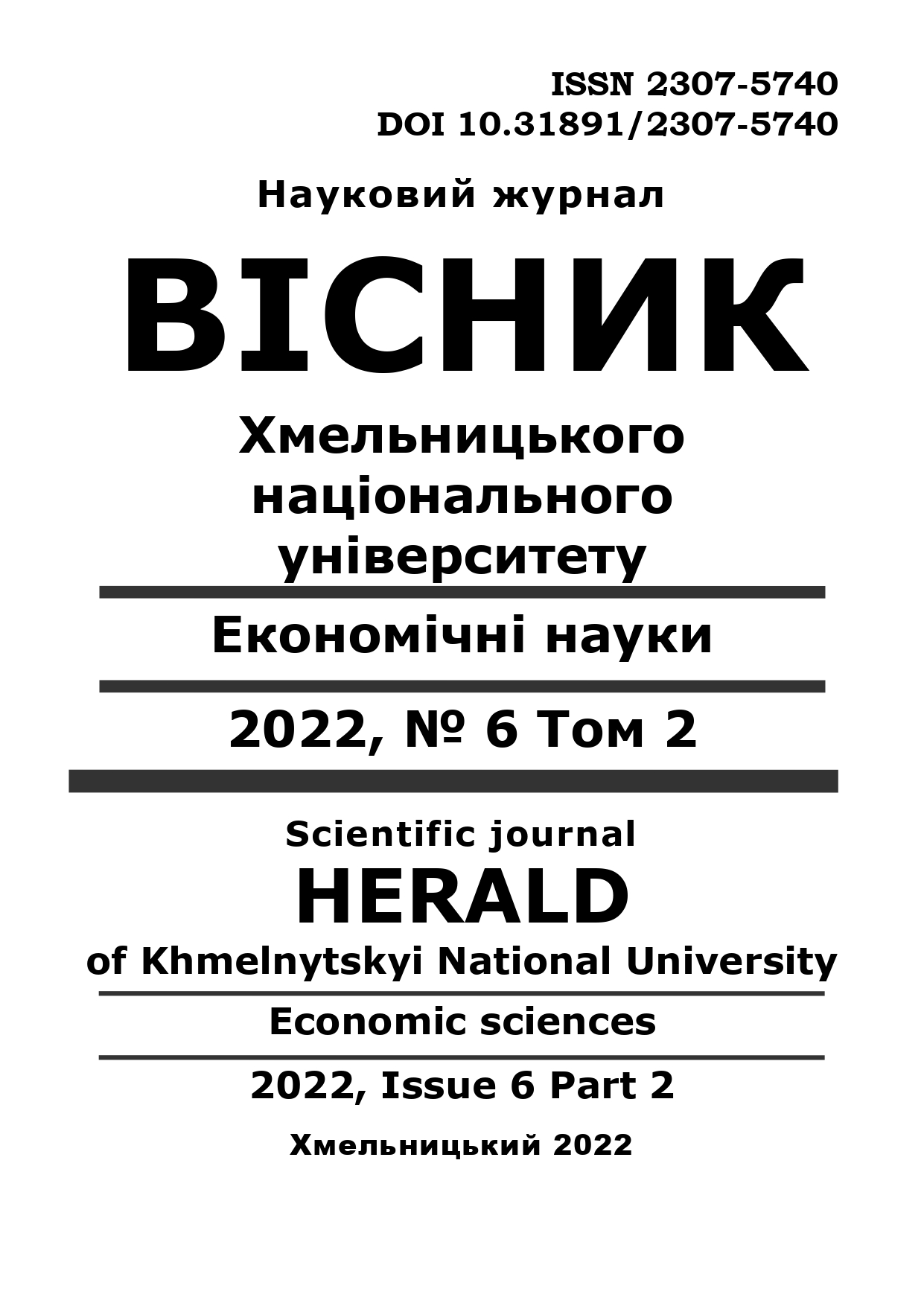CHANGES IN THE FORMAT OF RETAIL ENTERPRISES UNDER THE INFLUENCE OF FACTORS OF THE MACRO-MARKETING ENVIRONMENT
DOI:
https://doi.org/10.31891/2307-5740-2022-312-6(2)-27Keywords:
retail, network retail, retail format, multi-format networksAbstract
The article analyzes the interpretation of the definitions of "retail" and "network retail" in the works of Ukrainian and foreign scientists. These concepts have been clarified in accordance with the objectivity and scaling of commercial activity. The author's definitions of these concepts are formulated: "retail is a type of commercial activity that represents the retail sale of goods (including accompanying services) to individuals and legal entities for personal consumption or use, not related to business activity, through store trade facilities with significant visitor traffic"; "network retail - a set of retail enterprises located in a certain territory, having a common competitive environment, selling goods and providing trade services to the population with the aim of obtaining a commercial result." It has been analyzed which format of trade enterprises should be assigned to the retail sector. Approaches to the classification of retail enterprises are proposed, and also defined. The classification of retail trade formats of Ukraine according to the data of "Colliers International" is highlighted and examples of domestic market enterprises are given in accordance with the current classification. The main tendencies and trends of not only Ukrainian, but also global retail, which have found application in the activities of enterprises during the last time, are described, which in turn will provide an opportunity for enterprises of the modern market to surpass their competitors, introducing innovations in the field of their activity and thereby more fully satisfying needs consumers, for the purpose of obtaining commercial benefits. The main trends inherent in Ukrainian retail include: greening; recycling (rejection of excessive consumption); application of artificial intelligence; personalization; improvement of the process of returning goods; long-term partnership; digitization; application of non-contact technologies; development of own brands.


